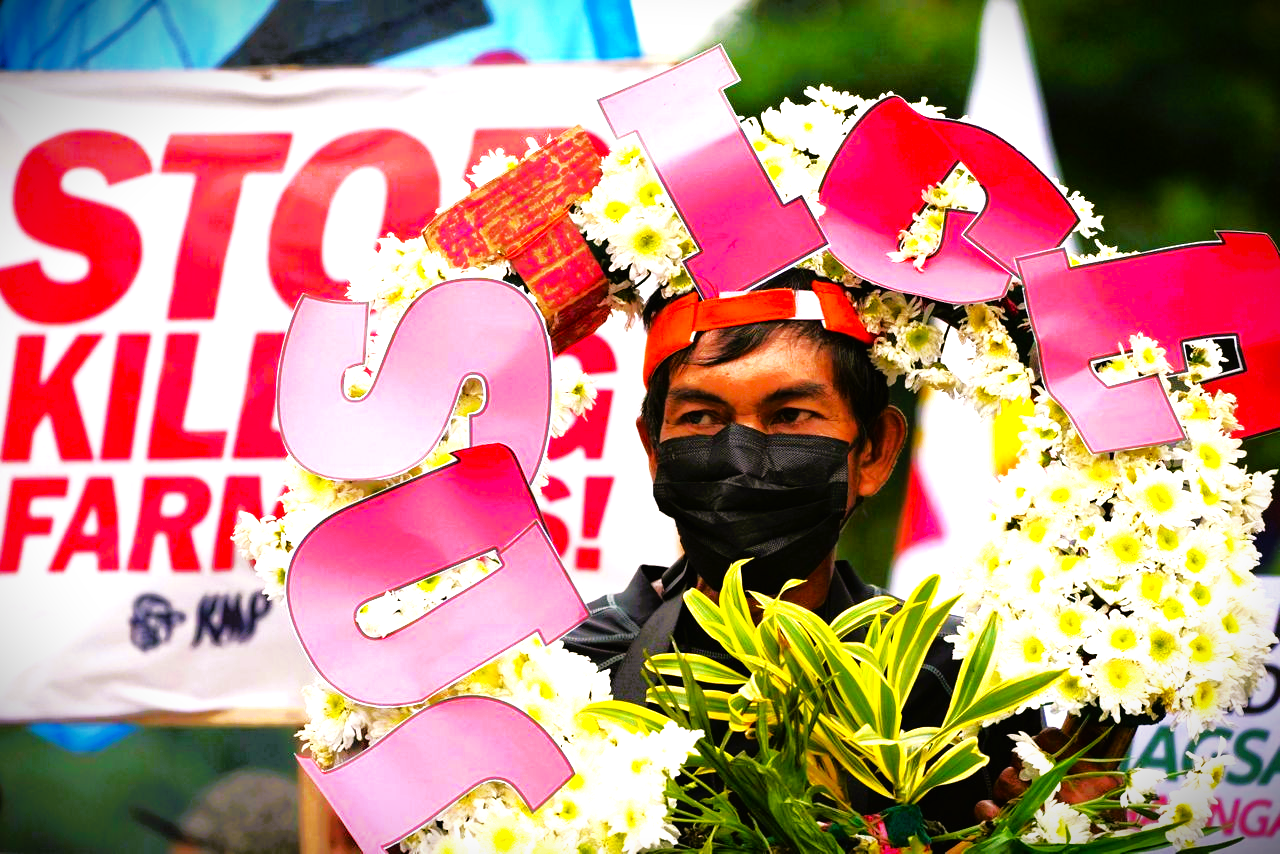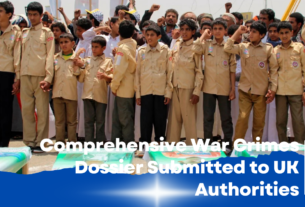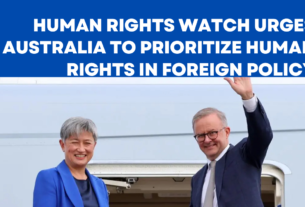ILOILO CITY – May 26, 2025 – Despite a change in leadership, the Philippine government remains mired in the same human rights failures of the past, according to a scathing statement issued by Amnesty International Philippines (AIP) on Friday. Speaking at a press conference in Iloilo City, AIP acting director Jepie Papa said the administration of President Ferdinand Marcos Jr. has fallen far short of international standards, particularly in addressing abuses tied to the country’s controversial war on drugs and the marginalization of vulnerable communities.
“It hasn’t stopped and it hasn’t been investigated fully and impartially, as shown by the very few cases that were resolved,” said Papa. “This is a clear indication that the root causes of these violations are still not being addressed.”
A New Presidency, But Old Habits Persist
When Marcos Jr. assumed office in 2022, there were cautious hopes for a significant shift in the government’s approach to human rights. However, Papa contended that those expectations have been dashed by the administration’s failure to dismantle the legal and institutional framework that enabled widespread abuses during the Duterte era.
Thousands of deaths, many of them allegedly extrajudicial, were linked to Duterte’s anti-drug campaign. Yet, despite international and domestic outcry, accountability remains elusive.
“Meaningful reform must go beyond rhetoric,” Papa emphasized. “Justice has not been delivered, and the climate of impunity still thrives.”
Indigenous Peoples: Forgotten in the Margins
In a pointed critique, AIP also highlighted the continuing neglect of Indigenous peoples (IPs), who remain among the most marginalized groups in the country. The government’s continued reliance on the National Commission on Indigenous Peoples (NCIP) , a body long criticized for inefficacy and alleged bias, was cited as emblematic of systemic indifference.
“IPs remain sidelined. Their voices are unheard, their rights are unprotected, and their ancestral lands are under constant threat,” said Papa. “A change in administration has not translated into a change in their conditions.”
Communities from the Cordillera to Mindanao continue to face land dispossession, development aggression, and militarization, with little recourse to justice or redress.
A Nation of Unmet Needs
Papa also cast a wider net, accusing the government of ignoring the broader spectrum of vulnerable groups, including urban poor families, farmers, workers, and fisherfolk. The lack of inclusive, responsive governance, she warned, is exacerbating social inequality and breeding further unrest.
“There is no specific sector that can say they are in a better state today,” she noted. “The government’s approach is not people-centered; it remains detached from the real struggles on the ground.”
Despite a more polished and internationally palatable image, critics say the Marcos administration has maintained many of its predecessor’s core policies without introducing real accountability mechanisms or institutional reforms.
A Call for Bold, People-Centered Reforms
Amnesty International Philippines is urging the government to take immediate action, beginning with:
- Independent and impartial investigations into human rights abuses, particularly those linked to the war on drugs.
- Structural reforms of institutions such as the NCIP to ensure true representation and protection for Indigenous peoples.
- Human rights-based governance, prioritizing transparency, inclusion, and genuine engagement with marginalized communities.
“Accountability cannot be selective, and reform cannot be cosmetic,” Papa said. “We need to see justice served, institutions transformed, and voices from the margins brought to the center of national policy.”
The Road Ahead
As the Marcos administration enters the midpoint of its term, the path forward is clear but challenging. Amnesty International’s report serves as both an indictment of past failures and a roadmap for urgent reform.
For a government that promises unity and progress, the question now is whether it has the political will to confront hard truths and deliver long-overdue justice.
“The eyes of the world are on the Philippines,” said Papa. “And so are the eyes of every Filipino who still believes in justice.”




